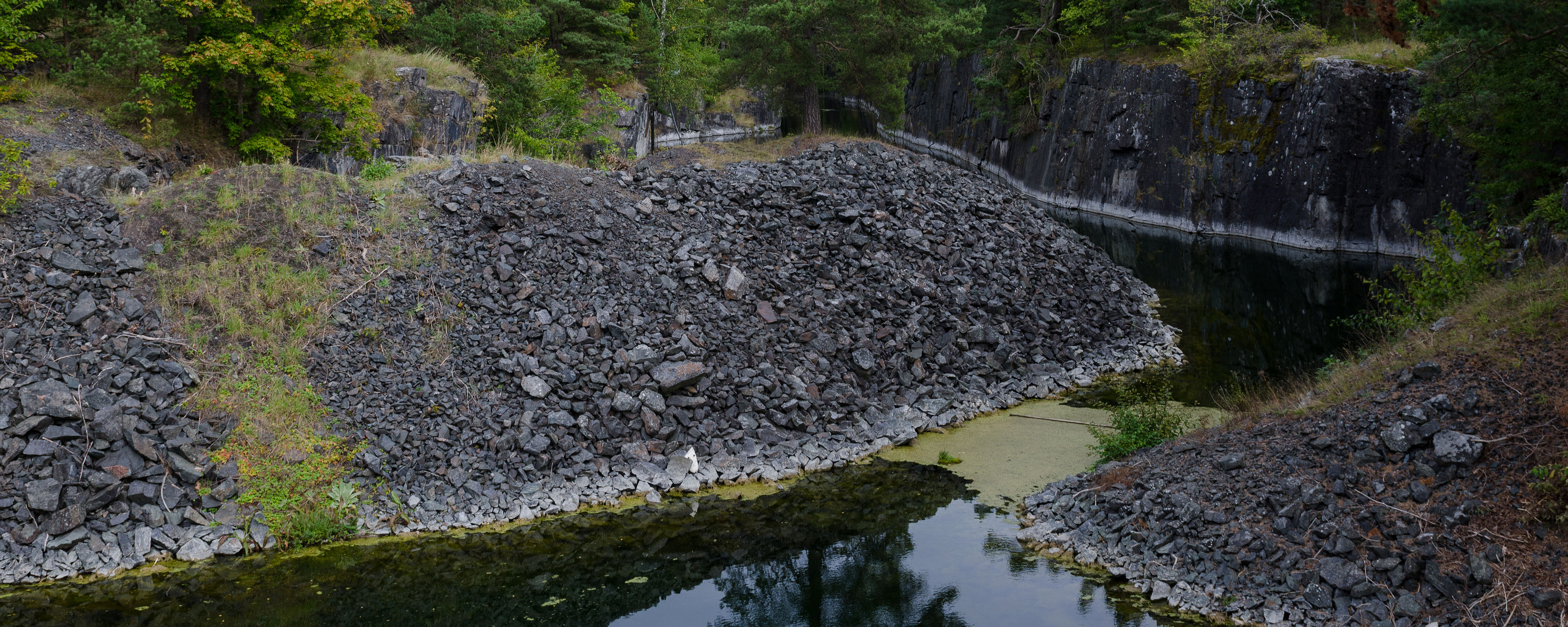Swedish mineral legislation has been revamped from the ground up since 1991. The tax on mining profits has dropped from 50% to a fraction of a percent. The move has been part of a deliberate strategy to revitalise the industry and restore Sweden to a top-ranking mining country. Prime Minister Fredrik Reinfeldt announced the first national mineral strategy ever in February 2013. The initiative was also integral to the EU goal of protecting its access to natural resources.
From all appearances, such efforts have paid off. The number of articles containing the phrase "mining boom" has risen steadily since 2004. What's more, international rankings of the countries most conducive to mining investment have consistently placed Sweden near the top.
This projects explores these alternative worldviews and traces the ideological and cultural fissures that run below the surface of Sweden's mining discourse. Qualitative textual analysis and extensive empirical material permit inquiry into the public policy debate since 1991. The focus is on the new mineral strategy and the controversies that the associated policies have spawned. Interviews and qualitative textual analysis enable us to delve into the current conflicts in Kiruna and Pajala, each of which illuminates various aspects of mining policy as it plays out in today's world.
The ideas of David Harvey, a cultural geographer, about the spatial and temporal tensions that breed friction provide a framework for the analysis. We firmly believe that current dissention surrounding mining policy constitutes the most telling Swedish illustration of the way that space for political discourse about fundamental social issues originates and flourishes outside the realm of parliamentary discourse.
From all appearances, such efforts have paid off. The number of articles containing the phrase "mining boom" has risen steadily since 2004. What's more, international rankings of the countries most conducive to mining investment have consistently placed Sweden near the top.
Local and national conflicts
But a number of local and national conflicts testify to the controversial nature of the strategy. Massive, well-organised protests are springing up around the country and networks of opponents to mining development are constantly expanding. The new strategy is clearly exposing fissures that run deeper than simple financial estimates and partisan politics. Fairness, welfare, social development, sustainability and the other fundamental concepts involved are most readily analysed in terms of alternative worldviews.This projects explores these alternative worldviews and traces the ideological and cultural fissures that run below the surface of Sweden's mining discourse. Qualitative textual analysis and extensive empirical material permit inquiry into the public policy debate since 1991. The focus is on the new mineral strategy and the controversies that the associated policies have spawned. Interviews and qualitative textual analysis enable us to delve into the current conflicts in Kiruna and Pajala, each of which illuminates various aspects of mining policy as it plays out in today's world.
How the stakeholders view the situation
The three studies present the perceptions of the various stakeholders with regard to prevailing mining policy, as well as the underlying beliefs about justice, sustainability and welfare that shape contemporary conflicts.The ideas of David Harvey, a cultural geographer, about the spatial and temporal tensions that breed friction provide a framework for the analysis. We firmly believe that current dissention surrounding mining policy constitutes the most telling Swedish illustration of the way that space for political discourse about fundamental social issues originates and flourishes outside the realm of parliamentary discourse.



